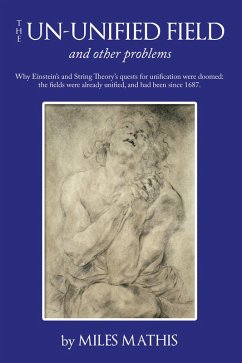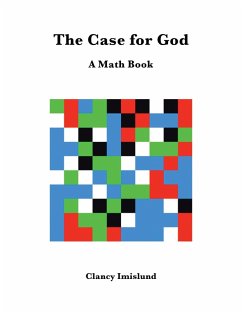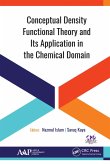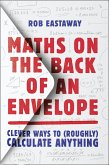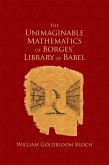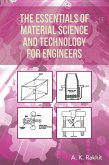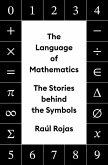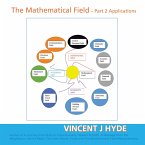This book is the first collection of science papers by Miles Mathis. Its topics include various problems in physics and math, beginning with the famous Unified Field problem of Einstein and string theory. These problems are solved with a simplified math and clear explanations. Other problems addressed include Bode's Law, the recent Saturn Anomaly, Quantum Chromodynamics, the ellipse, and Goldbach's Conjecture.
Dieser Download kann aus rechtlichen Gründen nur mit Rechnungsadresse in A, D ausgeliefert werden.

